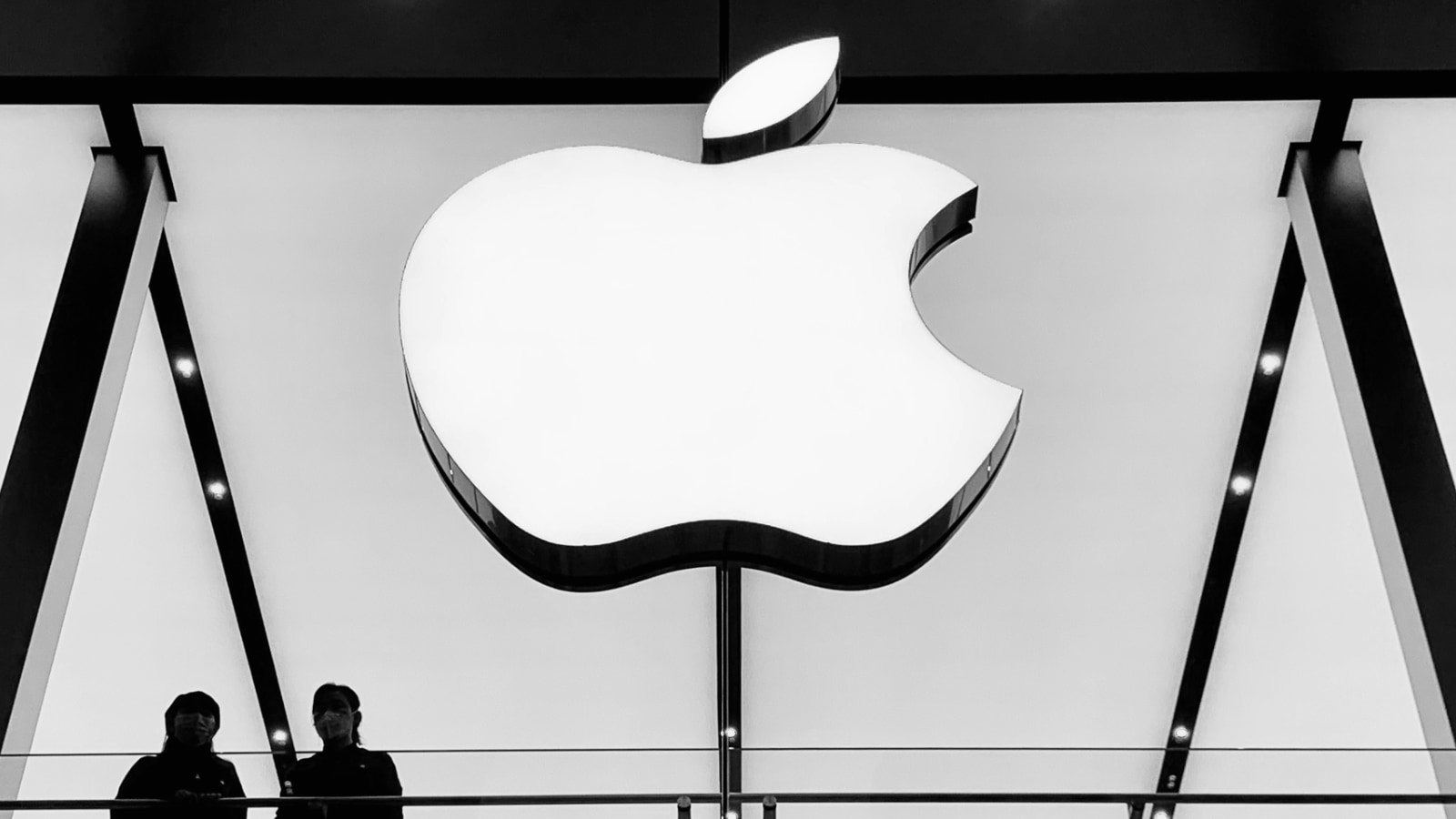
Internet Providers May Decide to Abandon Data Caps Forever
- ISPs are lifting data caps in the United States as a response to the COVID-19 outbreak.
- The uninterrupted services prove that there was never a problem of overloading the infrastructure.
- Reintroducing data caps after the crisis ends will be next to impossible for the telcos.
Every cloud has a silver lining, and in the case of the global pandemic caused by the COVID-19, there have been many unexpected positives. The continuous burdening of the environment with pollutants has suddenly come to a pause, and employers are discovering that versatile remote work tools are not that bad after all. Also, the education systems are (finally) experimenting with online teaching platforms, and now people have valid grounds to believe that ISPs (internet service providers) will abandon their data caps that have underpinned our Internet plans for two decades now.
In response to the current needs of their subscribers, telecom providers are loosening the restrictions, allowing their users to browse the Web and work from home. They play their "social responsibility" card, and they have multiple reasons - as well as obligations - to do so. AT&T has lifted all data caps until further notice, and Verizon has added $500 million to its 5G rollout plans in order to accommodate the increased internet traffic. For starters, all ACT Fibernet subscribers got the 300Mbps-plan at no additional cost. Low-income customers have received two months of free internet from Comcast and a promise from T-Mobile, who announced a plan to give free internet to low-income Californians for the next five years.
As a result of the #coronavirus people across this country are going to be asked to move work and learning online. So NOW is a really good time for the FCC to take action to get our nation's broadband providers to lift data caps and remove overage fees. https://t.co/1qJV7whVsR
— Jessica Rosenworcel (@JRosenworcel) March 12, 2020
People are calling the FCC to take action now and grasp the opportunity to lift data caps forever, as the situation is proof that they have no reason to exist other than to make ISPs ridiculously rich. The current situation proves that there is no such thing as a network overload, as everyone is free to use their internet connections to their maximum without experiencing any hiccups. The way things go, it looks like ISPs could comfortably continue to offer their services at the same high-quality level, so the current situation lifts the cloak of lies that was shrouding the very concept of data caps for so many years now.
All that said, when the coronavirus outbreak is finally contained, and people return to their offices (maybe?), it will be a lot harder for ISPs to re-introduce data caps and try to squeeze money for each megabyte they’re pipetting. There will be no way to justify it, and the role of the consumer protection authorities in the case that the ISPs try to bring back data caps will be to drag them on the courts and push them to the corner. Thus, the responsibility to apply this pressure on the authorities is passed on to the consumers. This is an excellent opportunity to turn the page in the history of internet connectivity.







